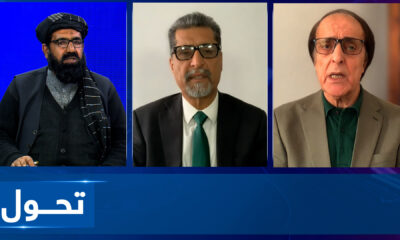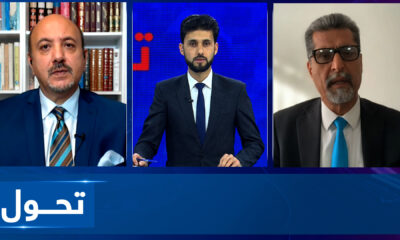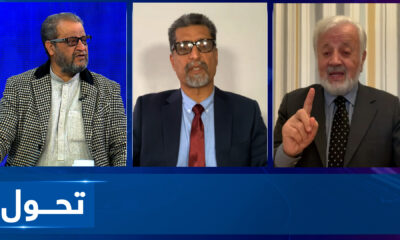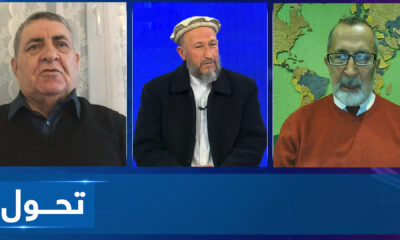Tahawol: Efforts to start work of TAPI project in Afghanistan

Latest News
Blinken urges Syria’s HTS to learn from Islamic Emirate’s isolation
The Islamic Emirate, however, rejects Blinken’s statements and says that Afghanistan is not currently isolated from the world and that they have relations with other countries.
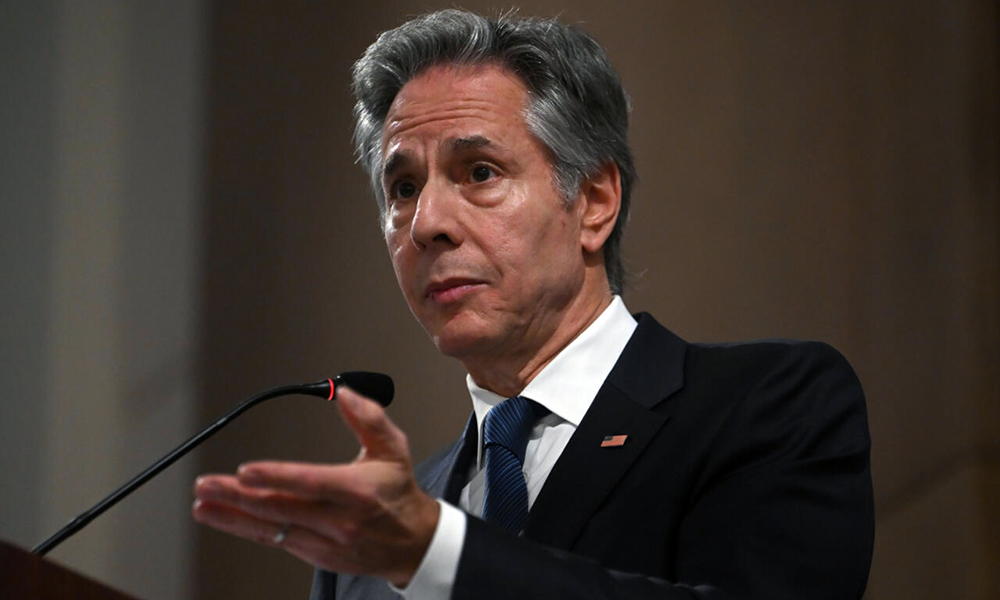
Antony Blinken, the U.S. Secretary of State, has urged Hay’at Tahrir al-Sham (HTS) in Syria to fulfill its promises of forming an inclusive government and learn from the global isolation faced by the Islamic Emirate of Afghanistan (IEA).
Speaking at the Council on Foreign Relations in New York on Wednesday, Blinken called for the establishment of a “non-sectarian” government in Syria that protects minorities and addresses security concerns.
“The Taliban (IEA) presented a more moderate face during their takeover of Afghanistan - or at least tried to - but their true nature later became evident,” he said.
As a result, the IEA remains globally isolated due to their failure to deliver on their commitments, he added.
He went on to state: “If you are an emerging group in Syria and wish to avoid such isolation, you must take specific actions to advance the country.”
Abu Mohammad al-Jolani, the leader of Syria’s HTS, has vowed that Syria will not follow the path of Afghanistan under the IEA.
Jolani has consistently advocated for protecting individual freedoms, ensuring women’s rights, and fostering a pluralistic society.
The Islamic Emirate, however, rejects Blinken's statements and says that Afghanistan is not currently isolated from the world and that they have relations with other countries.
The IEA’s spokesman Zabihullah Mujahid stated that the Islamic Emirate government has fulfilled all its commitments made in Doha.
Meanwhile, a number of Afghan experts believe that the United States is still using political and economic pressure against the Islamic Emirate to achieve its political goals.
Latest News
Two horror accidents on Kabul-Kandahar highway leave 52 dead
The Islamic Emirate has directed the relevant directorate’s to investigate the incidents to determine the exact cause of both accidents
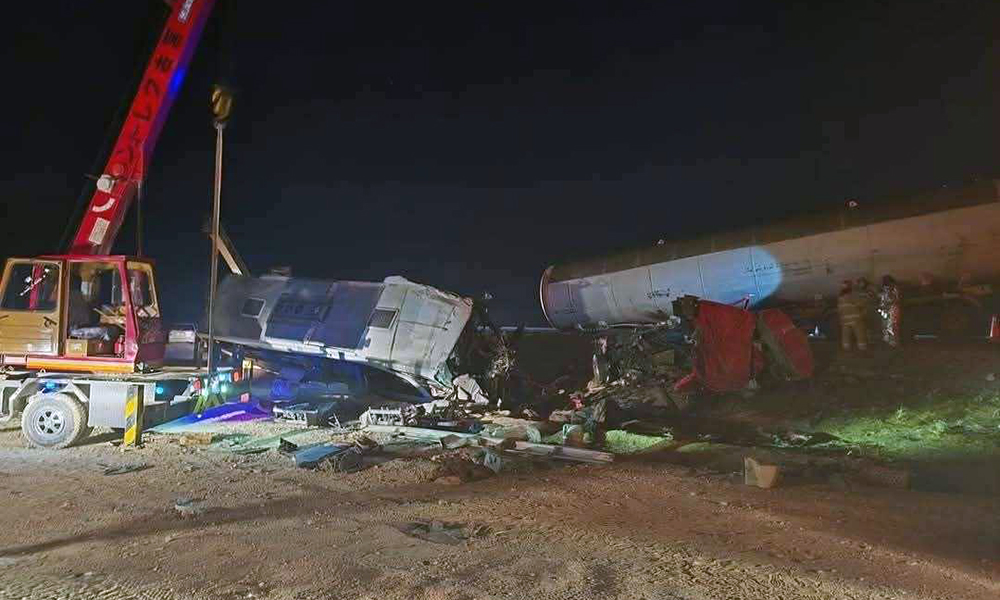
Two late-night traffic accidents in southeastern Afghanistan left at least 52 people dead and more than 65 injured, the Islamic Emirate confirmed early Thursday.
The accidents on Wednesday night happened in Ghazni province. Both accidents involved buses and one involved a fuel tanker.
According to a statement issued by the Islamic Emirate of Afghanistan (IEA) said: "It is with great regret that we learned that two fatal traffic accidents occurred on the Kabul-Kandahar highway, as a result of which 52 of our compatriots were martyred and 65 others were injured."
The Islamic Emirate has directed the relevant directorate’s to investigate the two accidents to determine the exact cause of both.
The Directorate of Information and Culture of Ghazni province meanwhile said in a statement that 47 people had died and 73 others were injured in the accidents.
The directorate stated that the injured had been taken to hospital; some of whom were in a critical condition.
One accident involved a passenger bus and a fuel tanker and the other involved a passenger bus and truck.
World
North Korean troops suffer 100 deaths, struggling in drone warfare, South Korea says
More than 10,000 North Korean troops have been deployed to help Russia in the war, according to U.S. and South Korean officials.
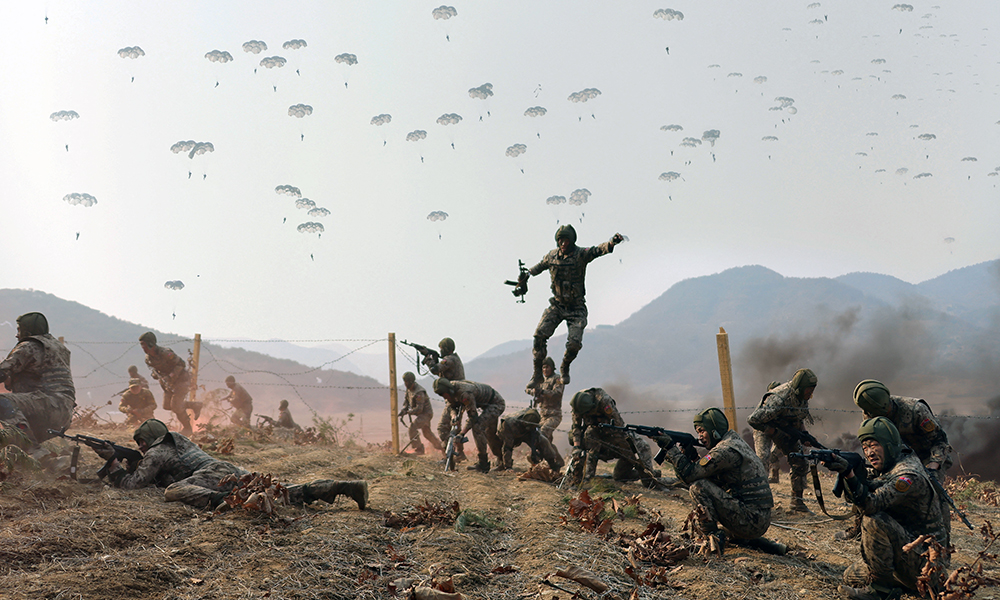
At least 100 North Korean troops deployed to Russia have been killed with another 1,000 injured in combat against Ukrainian forces in intense fighting in the Kursk region, Reuters cited a South Korean lawmaker said on Thursday citing the country's spy agency.
The heavy losses are attributed to the lack of experience by North Korean troops in drone warfare and unfamiliarity with the open terrain where they are taking part in the battle, a member of parliament Lee Seong-kweun told reporters.
Lee was speaking after a closed-door briefing by the National Intelligence Service (NIS) to parliament.
The discrepancy in the estimate of the troops killed from that made by a U.S. military official who cited several hundred casualties is because of the relatively conservative analysis by the NIS, Lee said.
"There was a report that there have been at least 100 deaths and the injured are approaching 1,000," he said.
There are indications that the North is preparing for additional deployment, Lee said, including intelligence of the country's leader Kim Jong Un overseeing training, read the report.
The report echoed comments by U.S. and Ukrainian officials that North Korean losses are heavy and that Russia was using them in large numbers in assaults in Kursk, a Russian region where Ukraine launched a cross-border incursion in August.
More than 10,000 North Korean troops have been deployed to help Russia in the war, according to U.S. and South Korean officials. Pyongyang has also shipped more than 10,000 containers of artillery rounds, anti-tank rockets as well as mechanised howitzers and rocket launchers.
Neither the North nor Russia have officially acknowledged the troop deployment or the weapons supply.
Russian President Vladimir Putin visited Pyongyang in June and signed a "comprehensive strategic partnership" treaty with North Korean leader Kim Jong Un that included a mutual defence pact.
Earlier on Thursday, North Korea said its military alliance with Russia is proving "very effective" in deterring the United States and its "vassal forces," denouncing a recent statement by Washington and allies against ties between Pyongyang and Moscow, Reuters reported.
North Korea made no mention of its involvement in the war in Ukraine or casualties.
Instead it denounced a statement by the United States and nine countries and the European Union issued on Monday as "distorting and slandering the essence of the normal cooperative relations" between the North and Russia.
In a statement by an unnamed foreign ministry spokesman, the North blamed Washington and its allies for prolonging the Ukrainian war and destabilising the security situation in Europe and Asia-Pacific.
"It is because of the misguided acts of the U.S. and the West persisting in their structure-destructive, hegemony-oriented and adventuristic military policy," it said.
-

 Latest News5 days ago
Latest News5 days agoAfghanistan seals T20I series victory over Zimbabwe
-

 International Sports4 days ago
International Sports4 days agoMessi vs Ronaldo: A look at their market values over the years
-

 Latest News5 days ago
Latest News5 days agoU.S. sentences Afghan man to 30 years in prison for narco-terrorism and witness tampering
-

 Latest News5 days ago
Latest News5 days agoInvestment in Afghanistan’s pharmaceutical sector reaches $300 million: Union
-

 Sport5 days ago
Sport5 days agoAfghanistan’s Gulbaddin Naib fined 15% of match fee for dissent
-

 Regional4 days ago
Regional4 days agoHezbollah chief says group lost its supply route through Syria
-
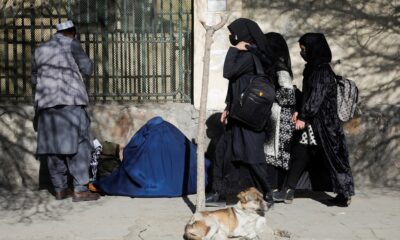
 Latest News4 days ago
Latest News4 days agoInjustices against Afghan women threaten global equality: US
-

 Sport3 days ago
Sport3 days agoATN to broadcast exciting 2025 ICC Champions Trophy live in Afghanistan





